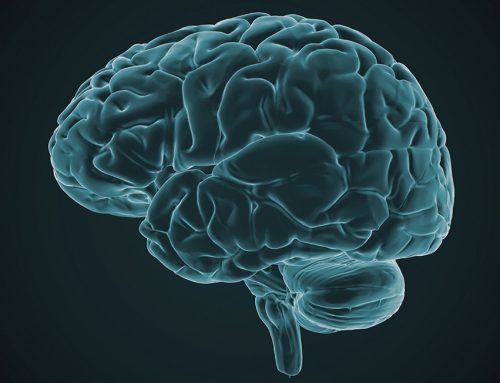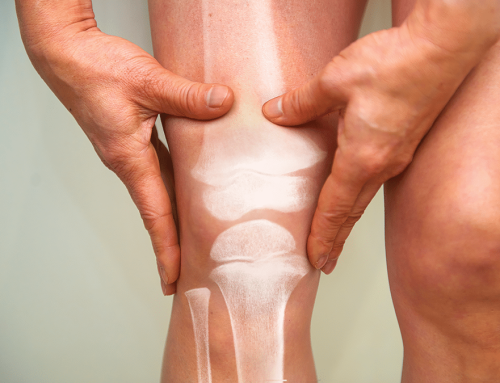By Dr. Alexandra Mayer,
Ethos Integrative Medicine
Did you know that hormonal changes can start up to 10 years prior to menopause?
For many women, navigating this pre-menopausal period can be a frustrating and confusing experience as these subtle, silent shifts often go untreated.
Recognizing the symptoms and patterns that signal the start of peri-menopause can empower women to better understand their health and get the relief they deserve.
The Signs and Symptoms
The first hormones to change during peri-menopause are progesterone and testosterone. Unpredictable periods, heavy bleeding, or heightened PMS symptoms could be whispers from the body, signaling that change is underway. These symptoms are commonly associated with declining progesterone levels.
Low testosterone can manifest in a range of symptoms including weight gain and fatigue, diminished muscle, strength and libido, skin changes, and difficulty concentrating. Many women also experience changes in their mood, encompassing feelings of anxiety, depression, and increased irritability.
While changes in estrogen typically occur closer to menopause itself, fluctuating estrogen levels can lead women to experience the hallmark symptoms of hot flashes, joint pain, night sweats, and moodiness. Additionally, estrogen often spikes right before it declines, causing many women to experience weight gain, bloating, cramping, and heavy periods.
Getting Relief from Symptoms
While peri-menopause is not commonly talked about, it is a common experience for women to be missing their mojo before menopause! Unfortunately, with a one-size-fits-all approach, many women are left to suffer until their labs are “out of reference range.” So what’s the solution?
Partnering with a physician that is well-versed in the intricacies of peri-menopause is key for navigating these silent shifts with grace. Working with a women’s hormone specialist can ensure that accurate, comprehensive labs are run at the right time of your cycle, and that optimal lab values are considered when creating your individualized treatment plan.
Scan the QR code below to access our FREE report, “Why Your Labs Are Normal but You Still Feel Like Crap,” or visit ethosscottsdale.com/womens-hormone-report, or call 480-360-0115 to schedule an appointment with our hormone specialists at Ethos Integrative Medicine!






